Building a Better World, Beginning in Maine
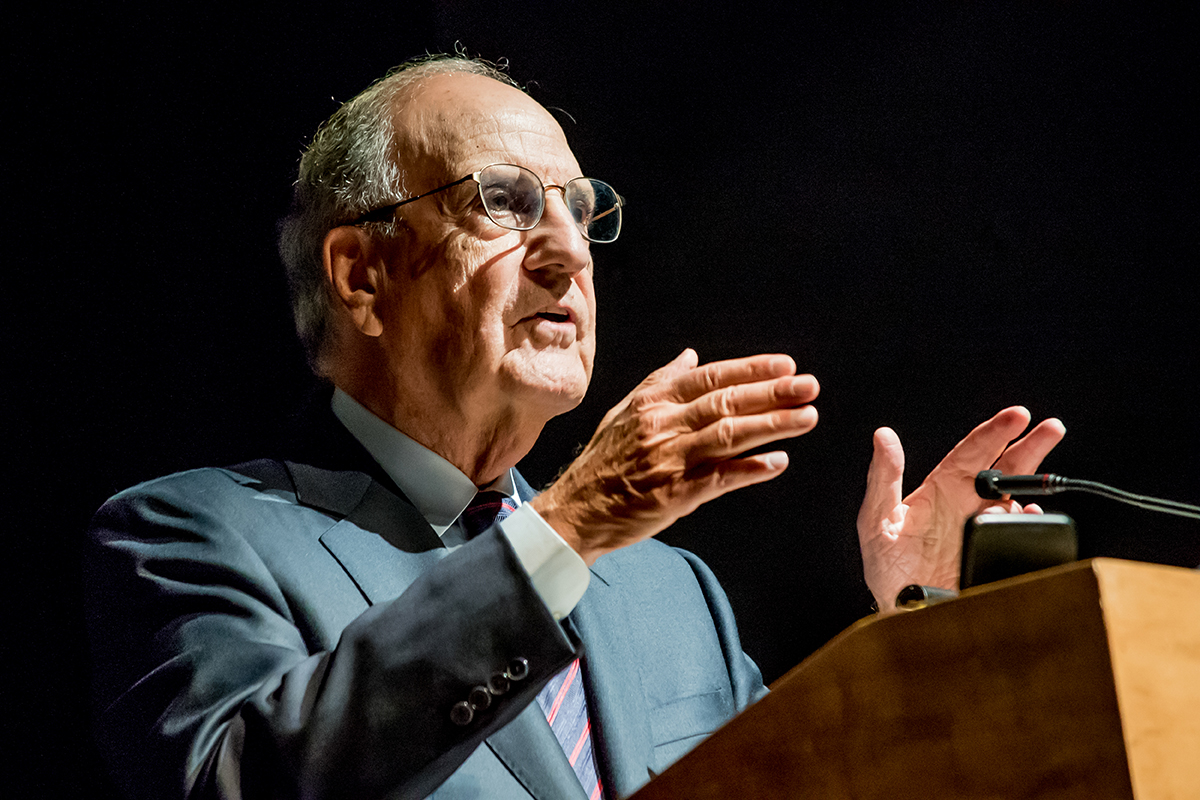
…the ethos of the Mitchell Center’s work reflects one of my deepest beliefs: the importance of public service. The many faculty and students involved in the Mitchell Center have committed themselves to a goal larger than their individual lives: the goal of helping to build a better world starting right here in our own communities in our own state.
Senator George J. Mitchell
The Senator George J. Mitchell Center for Sustainability Solutions was created to address sustainability challenges – challenges of both improving the well-being of people and protecting the environment. Tackling these challenges requires the ability to “connect the dots” across economic, social, environmental and other factors that often influence sustainability problems. The Mitchell Center brings together teams of faculty, students and partners from many different fields to link knowledge with actions to help solve these thorny problems.
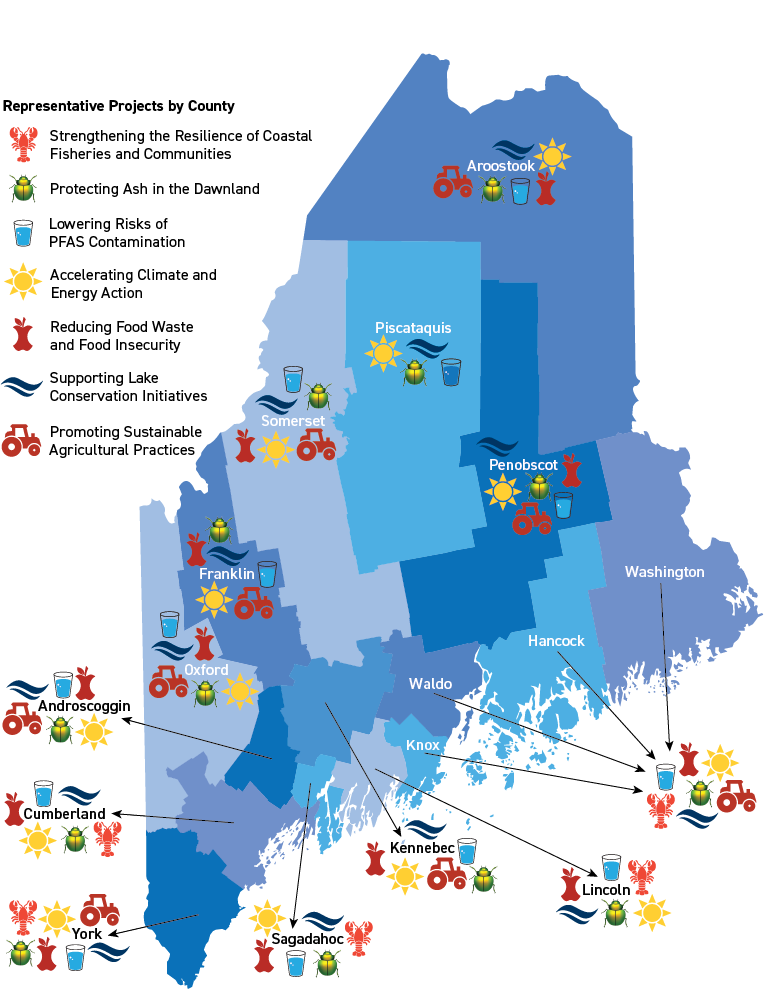
A portfolio of projects and partnerships
Sustainability challenges come in many different sizes and shapes, so our projects are tailored to the characteristics of each challenge and specific stakeholder concerns. No matter what the topic or scale, the Mitchell Center starts by listening to the stories and aspirations of diverse stakeholders, meeting them where they are. This is the essential foundation for strong collaborations. As we gain a deeper understanding, it often becomes clear that we can make more progress by working together than any of us could make on our own. One key step in the Mitchell Center process is then to assemble an interdisciplinary team of faculty and students whose mix of knowledge and skills complements and augments the expertise and know how of our partners. This way, the whole is greater than the sum of the parts. Together, the teams sharpen their understanding of the challenges, identify information and knowledge gaps that need to be filled, and develop real-world solutions. Along the way, we are learning-by-doing and growing our collaborative capacity to tackle future challenges.
The Mitchell Center’s teams aren’t off in a classroom, out of touch with the real world. Instead, they work in close partnerships with business leaders, community nonprofits, tribal communities, and local, state, and federal government representatives to solve problems together. The durability of these partnerships depends upon open communication, mutual respect and trust that must be carefully nurtured.
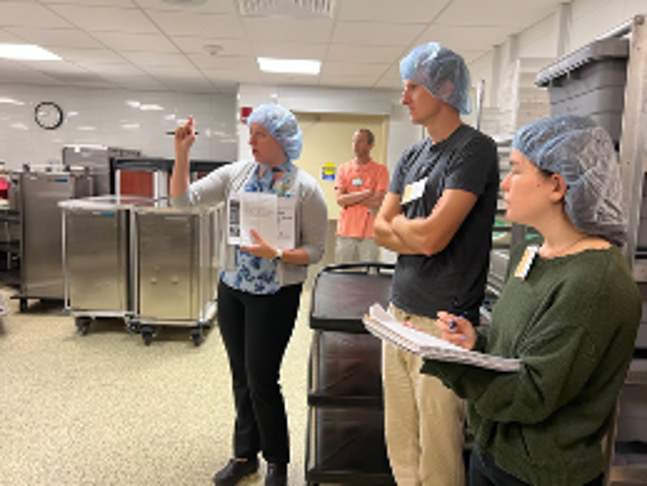
Investing in a sustainable future
Solving Real-world Problems
The Mitchell Center seeks to “connect knowledge with action to create a brighter environmental, social, and economic future in and beyond Maine.” Our dual focus on the well-being of people and the natural world makes the benefits of this strategy applicable to a wide range of challenges.
Growing Society’s Collaborative Capacity
The Mitchell Center has become a national role model for building productive community-university partnerships that can help solve complex societal problems by demonstrating how the University of Maine is aligning its work with the needs of diverse communities.
Training the next generation of leaders and problem solvers
Providing students with hands-on experiences in solutions-driven research ignites passions and nurtures skills they will carry forward, spreading the capacity for this grassroots, collaborative and knowledge-based approach to meet future challenges.
Representative projects from the center’s diverse portfolio
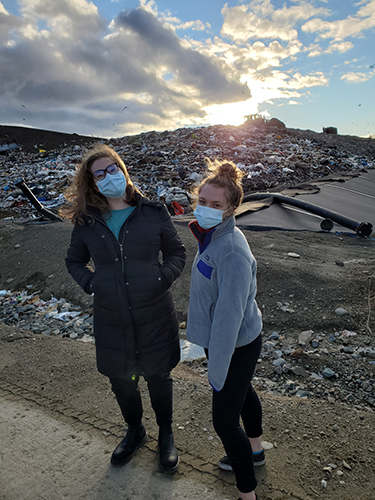
Lowering Risks of PFAS Contamination
Our teams were among the first in Maine to focus on these “forever chemicals” by assessing their occurrence and evaluating strategies for reducing exposure associated with water, farm products, fish, and game.
Accelerating Climate and Energy Action
Our teams are leaders in helping local communities and low-income and disadvantaged Mainers lower energy costs, reduce greenhouse gas emissions, and adapt to the growing impacts of climate change.
Reducing Food Waste and Food Insecurity
Food waste is exacerbating climate change and food insecurity. Our teams are piloting food waste solutions across Maine in collaboration with food businesses, non-profits, municipalities, and state agencies.
Supporting Lake Conservation Initiatives
Our teams worked with diverse partners to develop a comprehensive valuation of Maine lakes. The results are helping citizens and policy makers prioritize water quality protection strategies.
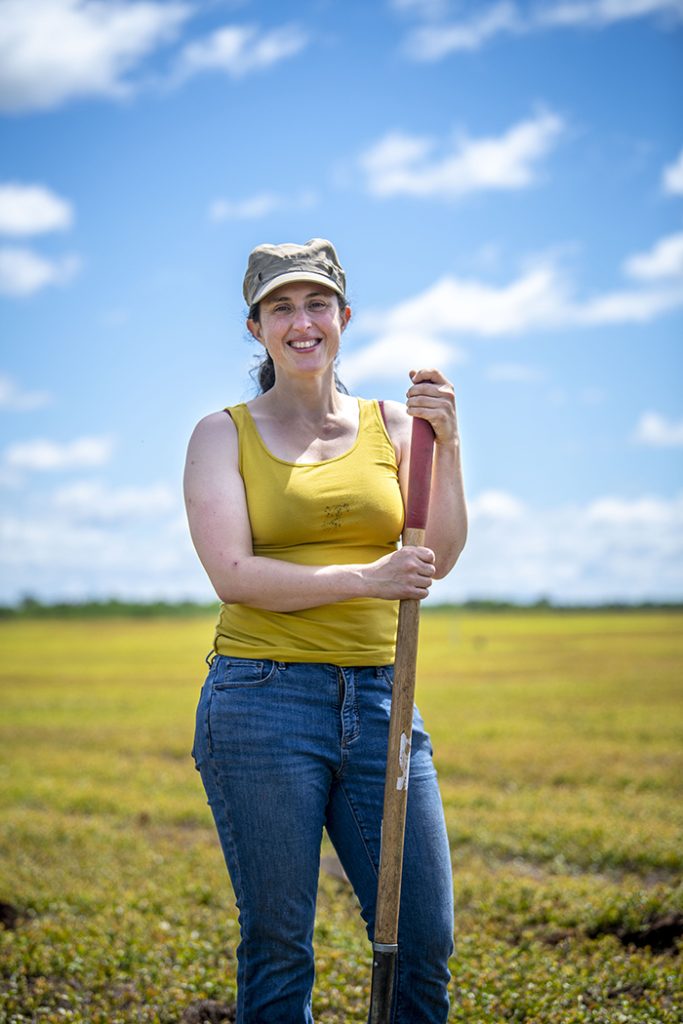
Strengthening the Resilience of Coastal Fisheries and Communities
Our teams work with fishing communities and managers to address a complex set of challenges including climate change, trade disruptions, local food systems, and water quality impairment.
Protecting Ash in the Dawnland
Led by Wabanaki faculty and students, our teams are helping Native ash harvesters and basketmakers sustain Indigenous lifeways despite threats posed by the invasive emerald ash borer.
Promoting Sustainable Agriculture Practices
Our teams are helping farmers and other agriculture leaders respond to changing environmental and economic challenges by developing regenerative practices that enhance the well-being of farms and people.
